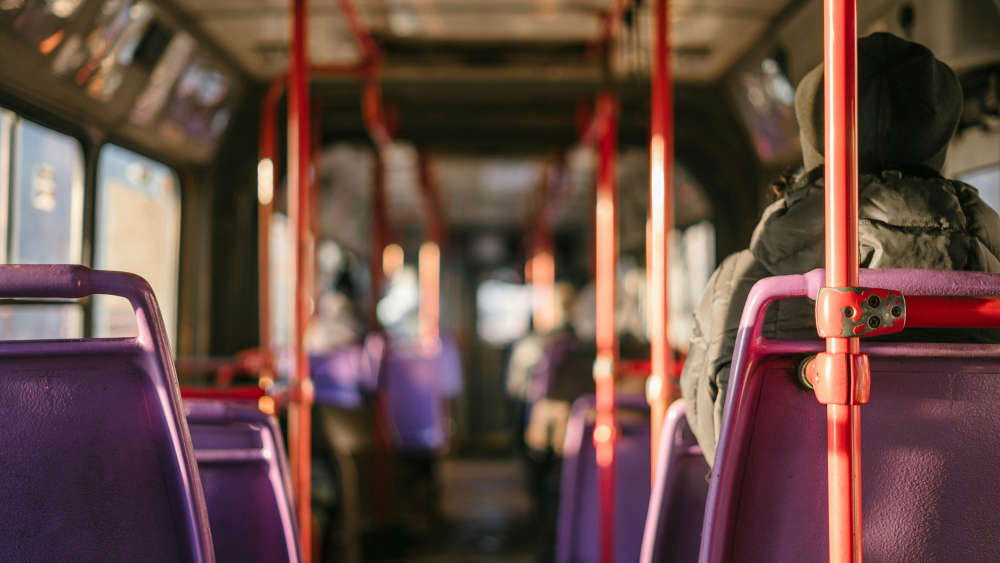
'Many villages have no bus service at all'
Villages in Devon are being ‘left behind’ by bad bus services, according to one local MP.
Buses are a social lifeline for older people, according to South Devon Liberal Democrat MP Caroline Voaden, but the number of bus journeys in Devon has fallen by 40 per cent in the last 10 years.
“Many communities have been left behind by unreliable, infrequent or inadequate bus services,” she said. “Many villages have no bus service at all, while others feel lucky to get one a day.”
Bus services across England are set for a major overhaul thanks to the government’s new Bus Services Bill, which passed its second reading in the House of Commons this week. The new legislation aims to protect essential routes from being cut without proper scrutiny.
Local councils will soon have greater powers to safeguard ‘socially necessary’ services, such as those serving hospitals, schools and rural communities.
Town Halls will face fewer bureaucratic hurdles when opting to take over bus services, and vital routes cannot be altered or axed without thorough consideration.
Mrs Voaden said the early morning Stagecoach Gold bus between Paignton and Plymouth had been withdrawn last year because it was not commercially viable. But, she said, that was not good enough for people working early shifts such as key workers and hospitality staff.
“One bus driver was left with no choice but to buy a car to get to work, as he would have lost his job if he could not get to Totnes by 7am,” she said.
When Stagecoach relocated the Dartmouth bus depot to Plymouth, the early-morning 92 route was cut, meaning students could not get to college and local drivers lost their jobs. Axing the Stagecoach number 17 route in Brixham meant no visitor, holidaymaker or hospitality worker could get home after 6.30pm. “That is hardly a late night out,” said Mrs Voaden.
She said she welcomed the bill’s move to give more powers to local councils, but they also needed the resources to go with them. And, she said the recent rise in the maximum fare cap from £2 to £3 was a false economy.
“For a student or someone on minimum wage, it is a real barrier to access,” she went on. “The cap must be restored and made permanent if we are serious about affordability and ironing out inequalities.
“Buses are for everyone—young or old, and in cities, in villages or even on Dartmoor—and this House must deliver an ambitious, modern system that reflects that.”
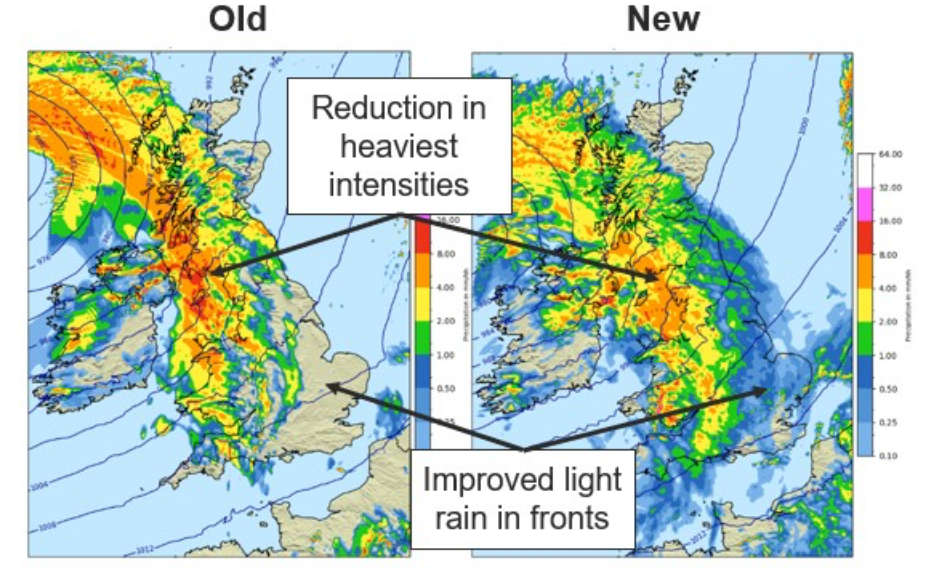 A change in the weather
A change in the weather
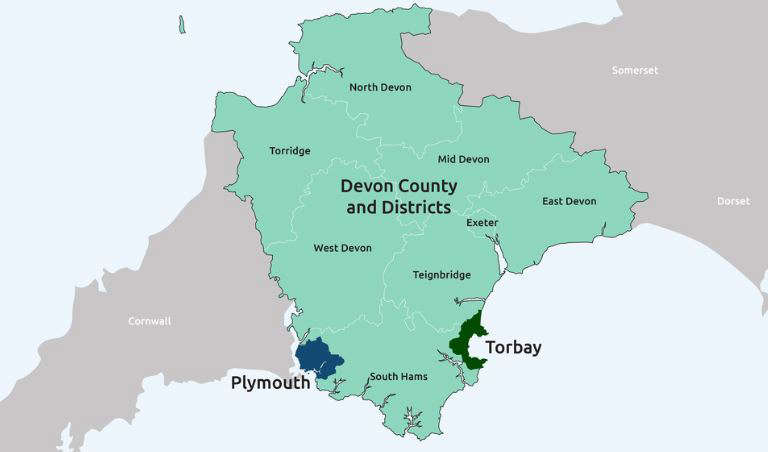 Have your say in revised Devon political map
Have your say in revised Devon political map
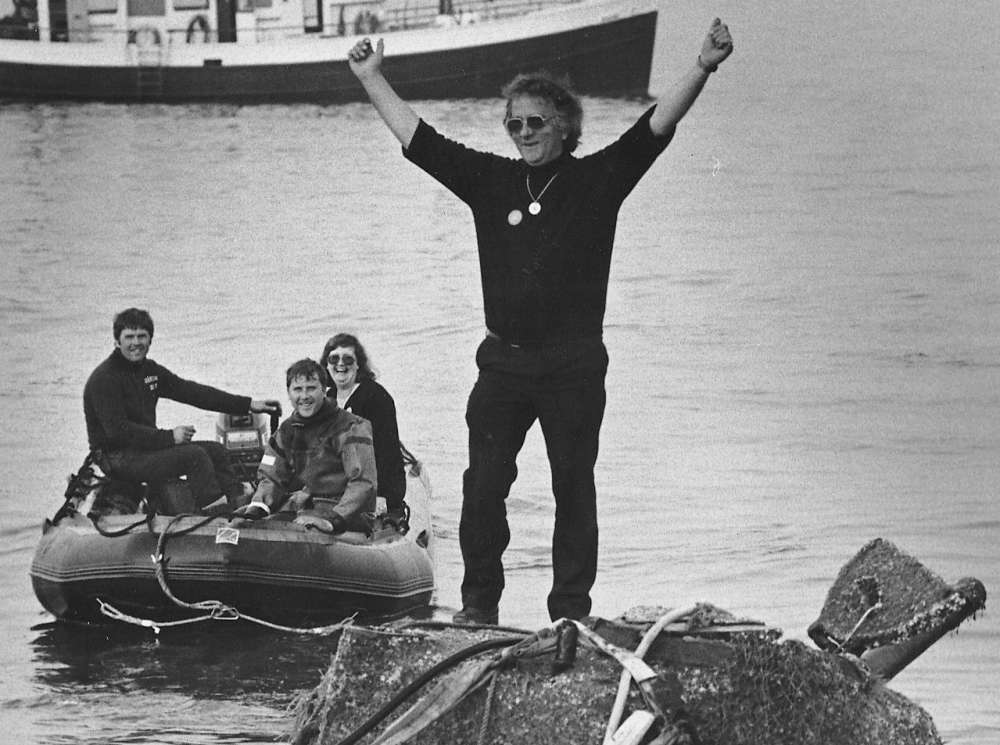 Mission to remember a Devon wartime tragedy
Mission to remember a Devon wartime tragedy
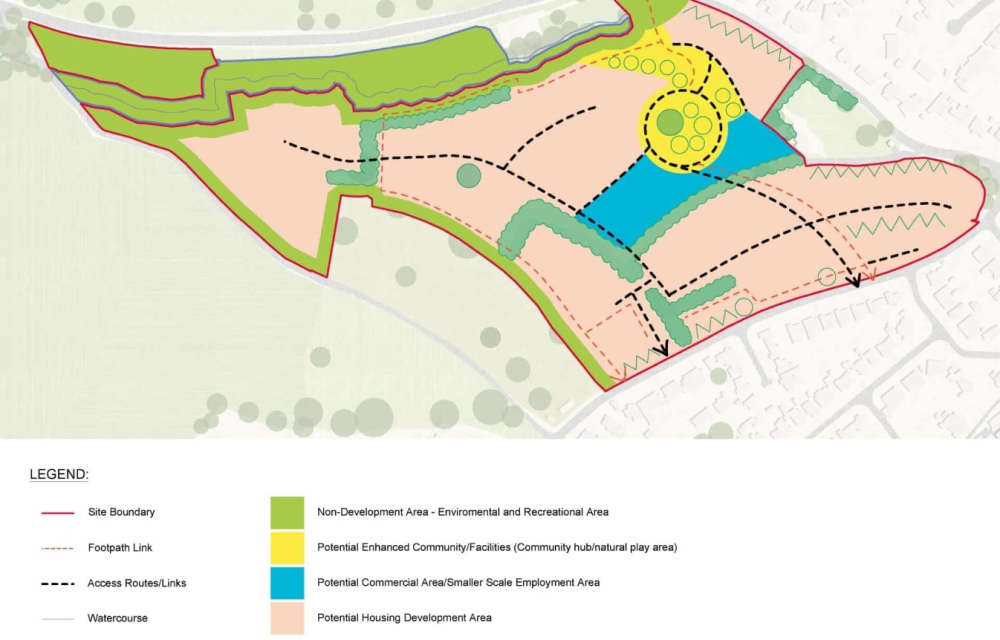 Brixham green fields homes plan to be submitted this month
Brixham green fields homes plan to be submitted this month
 Devon rapist jailed for 19 years
Devon rapist jailed for 19 years
 Children arriving at Paignton school ‘cold, tired and hungry’
Children arriving at Paignton school ‘cold, tired and hungry’
